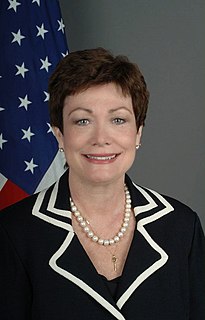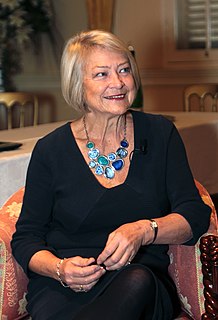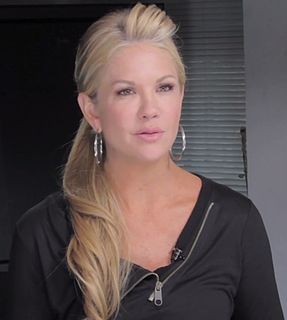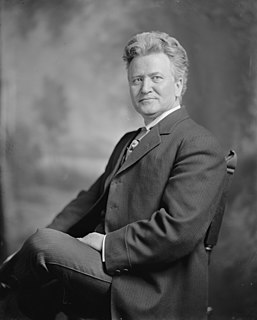A Quote by Sarah Vowell
History is one war after another with a bunch of murders and natural disasters in between.
Quote Topics
Related Quotes
I did not know much history when I became a bombardier in the U.S. Air Force in World War II. Only after the War did I see that we, like the Nazis, had committed atrocities... Hiroshima, Nagasaki, Dresden, my own bombing missions. And when I studied history after the War, I learned from reading on my own, not from my university classes, about the history of U.S. expansion and imperialism.
We normally think of history as one catastrophe after another, war followed by war, outrage by outrage - almost as if history were nothing more than all the narratives of human pain, assembled in sequence. And surely this is, often enough, an adequate description. But history is also the narratives of grace, the recountings of those blessed and inexplicable moments when someone did something for someone else, saved a life, bestowed a gift, gave something beyond what was required by circumstance.
I do a lot of work with the Red Cross, too. As a reporter, before I went to entertainment news, I tended to follow natural disasters. I went to Charleston, South Carolina, after Hurricane Hugo. I went to Miami the year after they were recovering from Hurricane Andrew. I came to California when they were recovering from a big earthquake. I've seen the Red Cross and how they stay there years after a natural disaster. They're not just there when a disaster is happening.


































